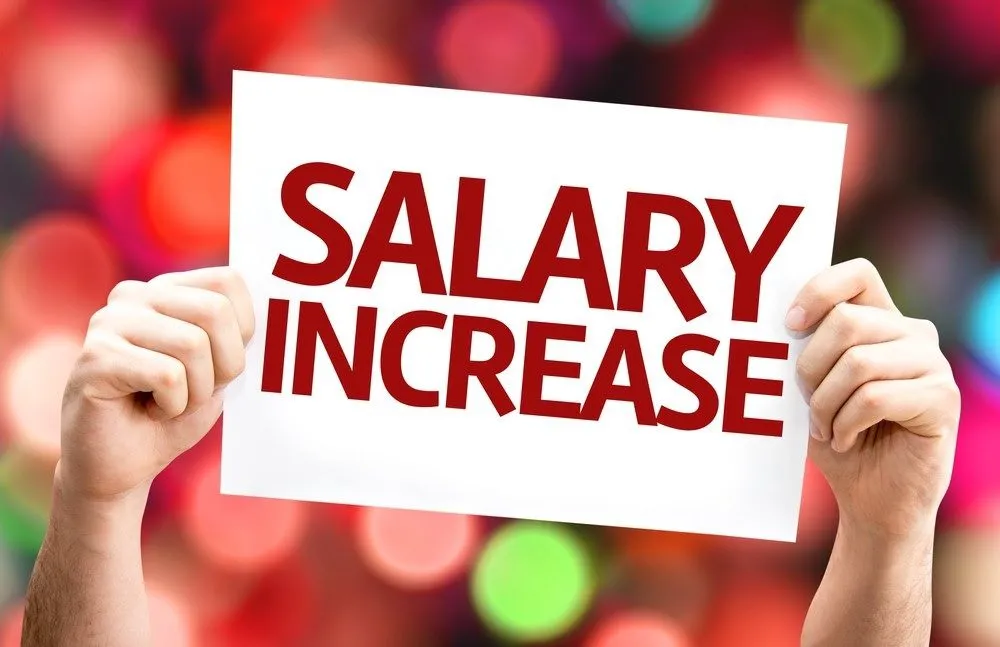8th Pay Commission: Hopes have been raised among lakhs of government employees and pensioners regarding the 8th Pay Commission. If everything goes as per the plan, it can be implemented from January 2026. According to a report, after its implementation, about 11 million i.e. 1.1 crore employees and pensioners can get an increase in salary and pension by 30-34%.
A report says that in the 7th Pay Commission (2016) there was an increase of only 14%, which was the lowest in comparison to the previous Pay Commissions. But this time the government’s intention is to make the salary of employees competitive with the private sector.
What is the fitment factor?
The fitment factor plays the most important role in increasing the salary. It is a kind of multiplier, by which the new salary is decided by multiplying the basic pay. For example, in the 7th Pay Commission, the fitment factor was 2.57, due to which the minimum basic salary increased from 7,000 to 18,000. In the 8th Pay Commission, the fitment factor can be between 1.83 to 2.46. If this happens, then a substantial increase in the salary of government employees is considered certain.
Who will get the benefit?
About 44 lakh employees of the Central Government and about 68 lakh pensioners will directly benefit from this commission. Basic pay, DA i.e. dearness allowance, HRA i.e. house rent allowance, TA i.e. travel allowance and other allowances will also be reviewed under the commission.
What will be the impact on pensioners?
The number of government pensioners is more than that of employees. Their salary will also increase according to basic pay and DA, although they do not get benefits like HRA and TA. Also, a new Unified Pension Scheme has been implemented from April 2025, which guarantees at least 50% of the basic salary after retirement.
Fear of delay
Although the commission has been announced, its chairman, members and Terms of Reference (ToR) have not been decided yet. Due to this, there is a fear that the work of the commission will start late and it may take time for the report to be prepared, approved and implemented.
If this process starts late, then employees may get increased salary and arrears in 2027 instead of 2026. At the same time, the government is also trying to balance election promises, welfare schemes and fiscal deficit, which may slow down the process of salary hike. Employees have high expectations from the 8th Pay Commission. If everything happens on time, it will be a big increase in salary, pension and allowances.
Most Read Articles:-
-
IMD Alert: There will be heavy rain in these states including Punjab-Haryana in the next 24 hours
-
School Closed: All schools will remain closed for 10 days, holiday announced from July 14 to July 23, District Magistrate’s order issued
-
PAN 2.0: New PAN card with QR code will be sent to your email, know how to apply online
-
Income Tax itself has told how to check ITR Refund Status, here is the step-by-step process
-
8th Pay Commission: Good news! Salary may increase up to 54% in the 8th Pay Commission, new update on fitment factor
